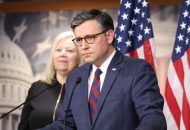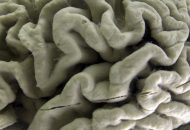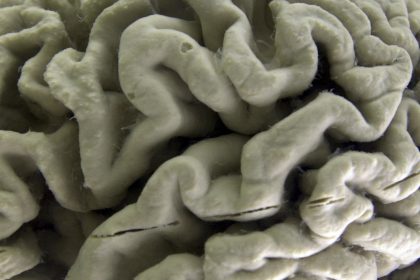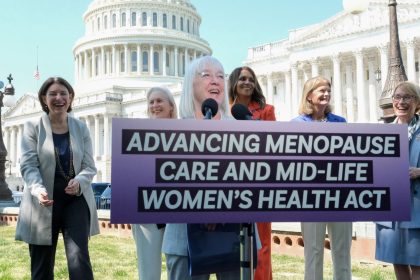Senators Discuss Solutions to the COVID-19 Long-Term Care Issue
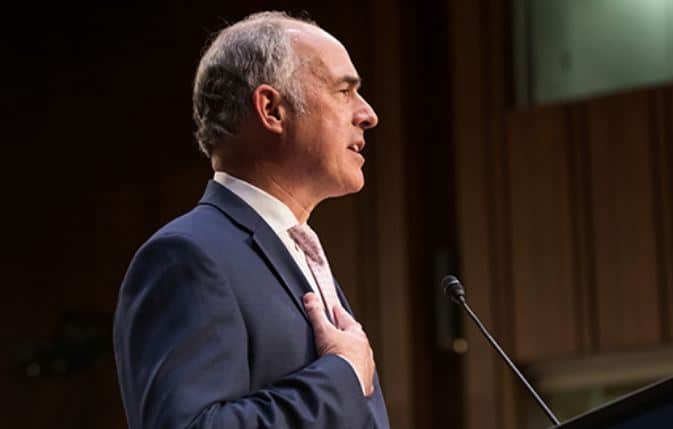
WASHINGTON – Long-term care is a topic that hits close to home for many. Nursing homes and facilities providing care for people 65 and older are often crowded and understaffed, and care for seniors is even more complicated in the COVID-19 era. More than a third of the total deaths in the United States, 37,000, are residents or workers who have died in nursing home settings, and there is fear that the virus will continue to spread among this vulnerable population.
Sens. Robert Casey, D-Pa., and Bill Cassidy, R-La., are among those policymakers who are advocating for a solution to the long-term care issue. They discussed Congressional priorities alongside Nancy Leamond,chief advocacy officer for AARP, at a virtual conversation with Axios this week.
“Nobody should be going through what nursing home residents and their families are going through today,” said Leamond, who called the crisis a “national disgrace.” With the virus potentially about to spread to facilities in rural areas, she called for a comprehensive plan to protect residents in nursing homes no matter where they live.
The first step, according to Leamond, is testing everyone and providing personal protective equipment for all who work in nursing homes.
“Nursing homes need to report every single day to health authorities how many cases they have and what they are doing about them,” she said.
To combat loneliness and isolation, facilities need to ensure that they provide opportunities for virtual visitation. Leamond said that it’s important nursing homes not be granted immunity from liability, and that families making use of these facilities retain their rights. “[Long-term care facilities] need to remain responsible for the health and safety of their residents,” she insisted.
“[Nursing homes are] full of people who built the greatest country in the world,” said Casey, who believes that the challenges care facilities face are not insurmountable but need to be prioritized, to show proper respect for the generation they serve. He contends that information is key to tackling the problem.
Casey, a member of both the Senate Finance and HELP Committees, sounded an early alarm that long term care was going to be a “great problem that demands urgent action.” Not only did he request that the CDC start to provide data on outbreaks at facilities in early April — information for which the nation is still waiting — but he also has introduced bills seeking emergency funding and pushing for more federal oversight for long-term care facilities.
“Tens of thousands of people are dying in nursing homes without an action plan which has to start at the federal level,” Casey said. He shared that he introduced a bill this week, S.3768, that seeks to combat the problem with a sense of urgency and a proposed $20 billion.
“We need to do our best to keep infection out of nursing homes so we can decrease the death rate,” agrees Cassidy, a doctor, who serves with Casey on the Senate’s Finance and HELP Committees. He says that people in nursing homes are at high risk for getting infected, and he wants a strategic plan to “the benefit of nursing homes, but also the benefit of society.”
While the CDC recommends testing those in nursing homes once weekly, Cassidy recommends twice-weekly testing to take full advantage of the virus’s shed rate. This stricter infection control dovetails Cassidy’s thoughts on immunization registries, confidential databases recording those in the population who contain viral antibodies. He believes this knowledge is an important consideration when determining how the nation may be able to return to work and public gatherings as well as future long-term care.
Appointed to the president’s task force on reopening the economy, Cassidy believes “we have to balance safety with reopening the economy, which is to say that we need a strategy, a testing and implementation strategy, that allows the economy to again flourish.”










